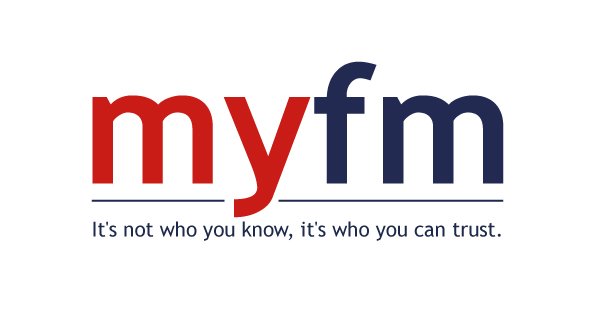When to consider employing an interim manager for your small business
Many businesses often face a situational challenge that may arise and temporarily require some management resources and skills.
Hiring an interim manager or an entire management team can ensure the business successfully fills this temporary but urgent business gap. Having an interim service in place can extensively help outline the project from start to finish. It can help save time and money wasted in delivering the project/contract.
Could your business benefit from the input of an Interim Manager? Here’s some guidance on knowing when to make that call and if so, how to go about hiring the right person.
When can you benefit from employing an Interim Manager?
Business environments may require different interim individuals based on their current situations. The typical conditions requiring an interim manager include the following;
Don’t Miss This
A recent trend has been observed where businesses try to get interims at lower rates. While it saves cost, the lower rate interims might not have the required experience and depth of knowledge. It's important to consider what questions we ask ourselves and the candidates during our hiring process and to attract the best talent on board. Also, remember you get what you pay for -if you want to attract the best quality interims, you'll need to pay the competitive going rate.
Why your company might need Interim Management
Sometimes businesses might have requirements to buy ‘in management’ skills as and when needed and not to recruit or employ anyone permanently for a full-time position. A common reason is they need the Interim Manager to make a difference quickly and hence might not need the skills in the long term.
Circumstances such as a transition, crisis, organisational change etc., can call for an Interim Manager. Therefore, the high-level skills needed to fill those capacity-related needs may not be possible to find on short notice, or there may not be anyone internally suitable for, or available for the position.
A sudden departure of a key staff member, perhaps due to illness or demise, can leave a critical gap that needs to be filled if the company continues as usual. An Interim Manager at this point can help the company continue to operate and achieve its goals until a suitable long-term hire is found – which can easily take six months or more.
Interim management involves both consultancy and project management, where the Interim Managers are responsible for successfully analysing and delivering a suitable solution, making their assignment lifecycle stages bespoke. Hence, understanding the interim management cycle when hiring and working with an Interim Manager is essential.
Stages of Interim Management Life Cycle
Setting up an Interim Framework
If you’re hiring an Interim Manager, then you'll need to develop an internal framework to ensure that, when required, you find the right interim with the right skills. It can cover points like;
whom you need to know, your sector and market,
the roles you may need an interim for (look out for a good number of interim providers in your industry, ask for recommendations and speak to the ones you admire)
build relationships with suitable interim providers to get to know them and get a feel for what they can offer. By establishing the connection is necessary so the provider will understand what you need when the time comes. You'll be confident that they can deliver the person your business requires
Some providers have preferred suppliers who can work with you to get all the paperwork done so that you can exercise a call-off arrangement in which the contract terms are laid down
Does your company have insurance, for example, key-man insurance, to cover an Interim hire? What exactly does the insurance cover – is it suitable?
Once you have identified interim requirements, you must then proceed with tips on what you need to know and do while hiring an Interim Manager or an expert. For example, there are 3 vital questions that you must always ask when hiring an expert.
These prerequisites account for a successful hire, from providing a clear brief and identifying the skills and characteristics to having a clear job description, goals, and reporting structure.
Identifying someone who can establish a regular time to speak with the interim in a supportive and constructive way to facilitate two-way communication is a crucial point as well.
A Nugget of Thought
Be aware that the current downside in today's market of interim providers is the tendency to recycle the same candidates, made up of people who don't always have the required skills some companies need.
An excellent interim provider widens their search (and their minds) to open the market and their clients to more possibilities for highly effective candidate selection. After all, this is a critical hire – you don't want a provider who just merely ticks boxes.
Successfully hiring the right Interim Manager can provide seamless continuity for your business activities and help manage effective change and deliver potential growth opportunities.
If you’d like to know how this can be achieved in the most cost-effective way then we can help you. At myfm we’re 100% focused on finding the best solution for our clients and will always provide honest upfront advice.
Contact us here for a friendly (obligations-free) chat >>>




